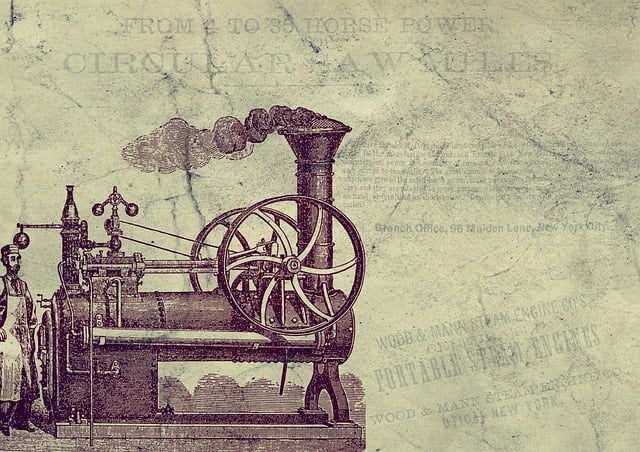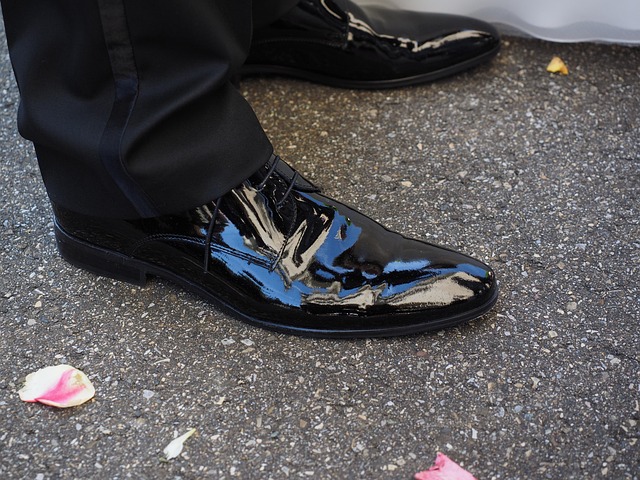Translation services for UK patents specializing in scientific inventions are vital to ensure accurate patent documentation, compliance with legal requirements, and protection of intellectual property. These services address the unique challenges of translating technical jargon and legal terminology, offering expertise crucial for successful patent applications. Selection should focus on providers with experience, native proficiency, and industry-specific knowledge, while leveraging quality assurance measures. Human translators excel at handling complex scientific concepts, ensuring validity and success. Case studies highlight the global protection benefits, driving expansion. AI integration enhances efficiency while preserving technical integrity.
Are your patents UK-ready with translation? Navigating the complex landscape of UK patent requirements for scientific inventions demands meticulous attention, especially when it comes to language compliance. This comprehensive guide explores the pivotal role of translation in safeguarding your intellectual property, delving into challenges, best practices, and legal considerations. Discover how expert translation services can enhance precision and protect your innovative ideas, with insights from real-world case studies and an outlook on AI’s evolving impact.
- Understanding UK Patent Requirements for Scientific Inventions
- The Role of Translation in Patent Protection
- Ensuring Accuracy: Challenges and Best Practices for Patent Translations
- Choosing the Right Translation Service for Your Scientific Patents
- Legal Considerations: Professional Translation vs. Machine Translation
- Case Studies: Successful Patent Translations for UK Innovations
- Future Trends: AI and Human-Powered Translation in Patenting
Understanding UK Patent Requirements for Scientific Inventions

The UK patent system has specific requirements for inventions in the scientific field, which can be complex and often require specialized knowledge. For inventors aiming to protect their innovative scientific concepts, understanding these guidelines is pivotal. One crucial aspect is ensuring that all patent documentation, including the application form and supporting materials, is meticulously translated into English. This is because the UK Patent Office mandates that all papers must be in the official language for accurate evaluation and processing.
Translation services play a vital role in this process, offering specialized scientific terminology to accurately convey the invention’s details. Professional translators with expertise in patent law can guarantee that every technical term and concept is preserved, avoiding any potential misinterpretation. With the increasing global nature of scientific research, inventors should consider these translation needs to ensure their UK patent applications are complete and compliant, thus safeguarding their intellectual property rights effectively.
The Role of Translation in Patent Protection

In the realm of patent protection, especially for scientific inventions aiming to enter the UK market, translation plays a pivotal role. Effective communication is key when seeking patent grant and maintenance in a new territory, ensuring your invention’s unique value proposition resonates clearly with the examining authorities. Translation services for UK patents for scientific inventions are not just about converting words from one language to another; they involve specialized experts who understand both the technical nuances of your innovation and the legal framework within which patents operate in the UK.
These professionals ensure that the essence of your patent application—its novelty, utility, and non-obviousness—is conveyed accurately and persuasively in the local language. Inaccurate or inadequate translation can lead to misinterpretation, potential rejections, or even costly legal issues down the line. Therefore, investing in high-quality translation services specifically tailored for UK patents is a strategic step towards safeguarding your scientific invention’s intellectual property rights in this competitive market.
Ensuring Accuracy: Challenges and Best Practices for Patent Translations

Ensuring accuracy in patent translations is paramount, especially for scientific inventions aiming to gain protection in the UK market. The challenge lies in conveying complex technical concepts while maintaining legal precision and compliance with British patent laws. Professional translation services play a pivotal role here, offering specialized expertise to navigate this intricate landscape.
Best practices involve engaging translators well-versed in both the source and target languages, along with scientific domains. Thorough quality assurance processes, including proofreading and peer review, are essential to catch subtle errors. Additionally, staying updated with legal terminology and jargon specific to patent documents in both languages guarantees a precise and effective translation tailored for UK patent applications, ensuring your inventions are presented clearly and convincingly before the Patent Office.
Choosing the Right Translation Service for Your Scientific Patents

When preparing scientific patents for submission in the UK, selecting the appropriate translation service is a critical step. The complexity of scientific terminology and the importance of precise communication require specialized expertise. Look for translation services that have a proven track record in handling patent documents, particularly for scientific inventions. Expert translators who understand the nuances of your field can ensure accuracy and maintain the technical integrity of your patent application.
Consider services that offer native-level language proficiency and industry-specific knowledge. This combination guarantees not just grammatical correctness but also a deep understanding of the terminology used in your domain. Additionally, reputable translation companies often provide quality assurance measures, including proofreading and editing, to further enhance the precision of your translated documents.
Legal Considerations: Professional Translation vs. Machine Translation

When preparing patent applications for scientific inventions aiming to be granted in the UK, a key consideration is ensuring complete and accurate documentation. This is where translation services come into play—but not all translations are created equal. Professional human translators offer invaluable expertise, particularly for complex scientific jargon, providing a precise and legally sound representation of your invention’s details.
While machine translation can be a cost-effective solution, it often falls short when it comes to the intricacies of patent law. Machine-translated documents may not capture subtle nuances or specific terminology required by UK patent offices. As such, for scientific inventions seeking protection in the UK, professional translation services are essential to guarantee the validity and success of your patent application.
Case Studies: Successful Patent Translations for UK Innovations

In the realm of scientific inventions, successful patent applications are often contingent on crystal-clear and precise documentation. Translation services play a pivotal role in ensuring UK patents are accessible and enforceable across diverse languages. Case studies demonstrate the impact of professional translation in navigating complex intellectual property landscapes. For instance, a leading pharmaceutical company encountered challenges in protecting its groundbreaking drug delivery system due to vague and inconsistent translations. Engaging specialist translators who understood both medical jargon and legal terminology led to a more accurate and robust patent application, ultimately securing protection for this innovative UK invention globally.
Another compelling example involves a startup working on sustainable energy solutions. Their translation needs focused on communicating the technical details of their solar panel technology to potential international investors and partners. By partnering with translation experts skilled in engineering and environmental science, they were able to create comprehensive patent documents that not only conveyed the innovation’s complexities but also resonated with global audiences. This level of clarity facilitated smoother licensing negotiations and expanded the company’s reach, showcasing the transformative power of high-quality translation services for UK patents in the scientific inventions sector.
Future Trends: AI and Human-Powered Translation in Patenting

The future of patenting is here, and it’s being shaped by artificial intelligence (AI) and human expertise in tandem. As technology advances, AI-powered translation services are becoming increasingly sophisticated, offering a promising solution for inventors seeking to protect their intellectual property globally. These innovative tools can provide quick and accurate translations for UK patents, making the process more efficient and accessible.
In the realm of scientific inventions, where complex terminology is common, human translators with specialized knowledge play a vital role. They ensure that technical details are conveyed precisely in patent applications. However, AI translation models can serve as valuable assistants, quickly delivering rough drafts that humans can then refine. This collaboration between AI and human expertise could be a game-changer for inventors, enabling them to navigate the international patenting landscape with greater ease while maintaining the integrity of their scientific disclosures.
When it comes to safeguarding your scientific inventions through UK patents, proper translation is paramount. As demonstrated by case studies and future trends, both AI and human-powered translation play crucial roles in ensuring accuracy and navigating the complex landscape of patenting. Choosing the right translation service that understands the nuances of scientific terminology is essential for a successful application. In today’s globalized innovation landscape, these services enable inventors to protect their intellectual property effectively, opening doors to new possibilities and opportunities worldwide. Thus, for those seeking to secure UK patents for their scientific inventions, investing in professional translation services is a strategic move that cannot be overlooked.
